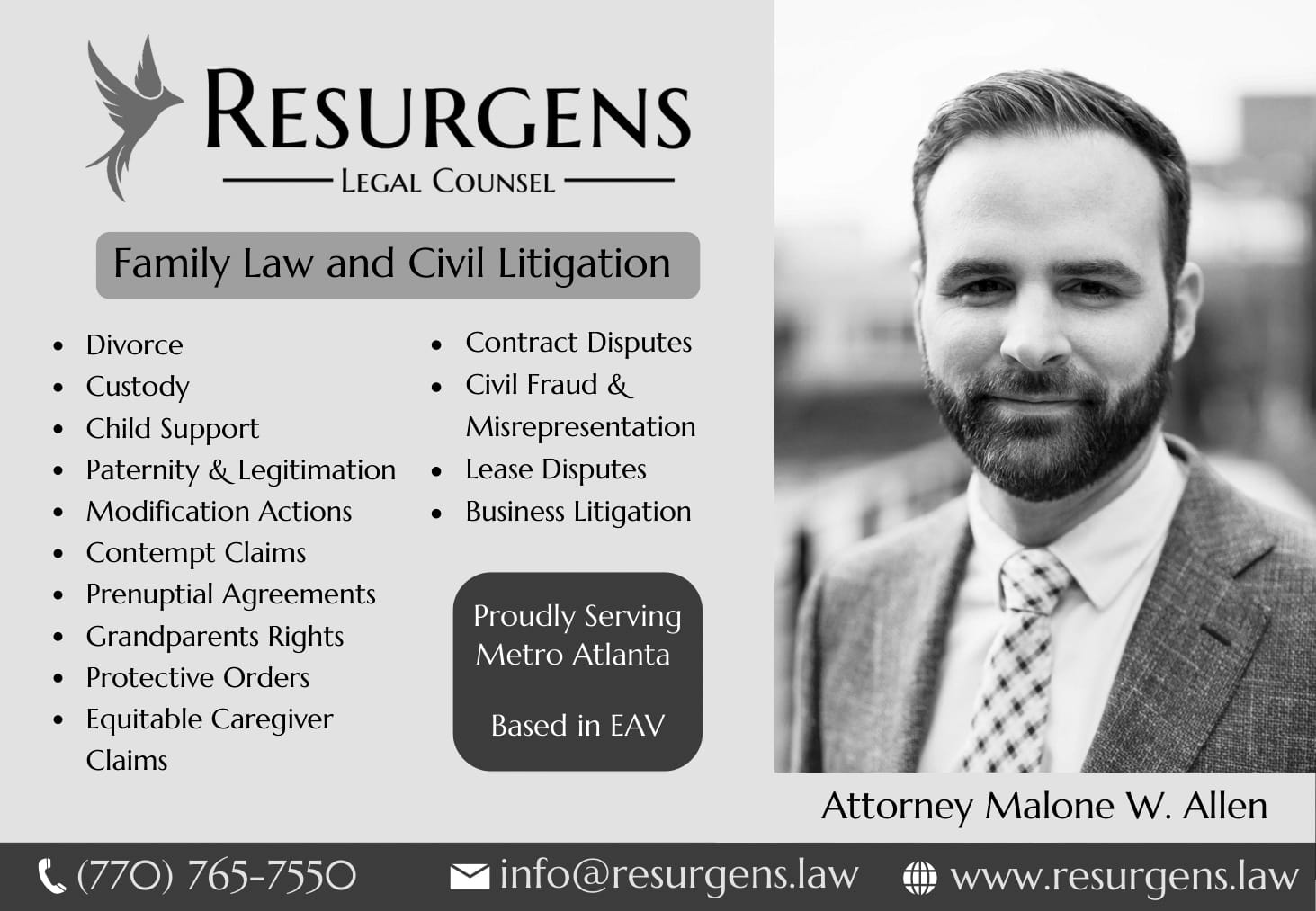By Paul Bolster
The leadership of the Georgia House and Senate now exercise complete control of what gets a vote. Issues that may be popular with the voters often fail to even get a vote in committee, much less on the floor. If a bill gets to the floor for a vote, amendments are severely restricted and there is little opportunity for the average legislator to have their idea debated and voted on.
This past session of the General Assembly, the most egregious killing without a vote was a bill to protect the Okefenokee Wildlife Preserve from mining on its borders. A Republican-authored bipartisan bill had 91 co-authors. That is a majority of the members of the House. It is enough votes to pass; however, it received a committee hearing only after it was too late to be considered for a floor vote. It didn’t even get a committee vote. The bill can be considered in the 2024 session, but that may be too late to stop the mining being proposed.
It was not always this way. The journey of a bill has never been easy, but in the past, the process allowed for debate, amendments, and votes.
I was a member of the House from 1974 to 1986 in the era of the powerful and conservative Speaker Tom Murphy. One of his former aides told me recently I was the most liberal member of the House during that time. I don’t really agree, but I must admit, early in my time in the House, Murphy had opposition for his Speaker post and I voted for the other guy. However, Speaker Murphy didn’t prevent bills from the Black Caucus from being called up. I recall I was often one of the total 38 votes we got out of the 180 possible. Whether conservative or liberal, the bills got a public debate and a vote.
Even the bills I authored got a vote. My first year I introduced a controversial bill to allow health maintenance organizations to operate in Georgia. Doctors and hospitals were against it. Early the next session it got a vote but not quite enough to pass. The vote gave me a chance to explain the bill individually to members who had voted “No” and late in the session the leadership gave me another vote on the floor. It passed. Unfortunately, the vote in the Senate committee didn’t go as well. Eventually, with other legislators in the lead it became law. Debates, amendments, and votes on my bill prepared the way.
I recently wrote the political history of Georgia’s Coastlands Protection Act. A controversial bill, when it first came to the House floor in 1969, it failed. The author, Reid Harris, revised it and after approval of the Rules Committee and the Speaker, it narrowly passed the House. For a year the Senate held public hearings and reviewed the research of the state’s scientists, and the bill passed in 1970. It is still the fundamental law protecting the natural environment of the Georgia coast today.
Here are few important issues that recently failed to get a vote:
- Creating the City of Buckhead – I was glad the legislature didn’t destroy the City of Atlanta by creating the City of Buckhead; However, there was no vote, so voters can’t tell who was for and who was against.
- Full Medicaid expansion.
- Reform of commercial assessment to ease the burden on homeowners. I helped former Rep. David Dreyer with a bill two years ago. The bill had support from school boards, counties, cities and the state’s assessors. It did get a sub-committee hearing, but the only person who came was the chair.
- Payday Lending Reform. Despite strong support from a faction of Republicans and outrage from the public, a reform bill to lower the 187% chargeable annual interest has not gotten to the floor of the House or the Senate in two decades. It got out of committee in the Senate just once. Republican Rep. Josh Bonner of Fayetteville has introduced a reform bill six times.
- A rooftop solar bill requiring better homeowner payments from utilities.
- A resolution on Georgia Power’s coming Plant Vogtle rate hike.
- A bill to require state law enforcement officers to wear body cameras.
- Gun safety – Reasonable restrictions on gun sales, use, and storage. You pick from 17 bills this last session: Background checks, red flags, training, securing guns, AR-15s.
Maybe you are not for these bills, but wouldn’t you like to know if your legislator supports or opposes them? For democracy to have teeth, there must be accountability. There must be votes.
Does the legislative leadership stop the voting because they feel the need to “protect” their members from taking a difficult position? If people are angry about a vote, the solution is the ballot box.
More likely, the reason is a matter of control. There is a legislative hierarchy tightly controlling what issue gets a vote. The public doesn’t hear their reasons; it is left out of the debate and left out of the process. A minority makes the laws.
Without votes, the legislative process is something other than democracy – the word autocracy comes to mind.
Paul Bolster is a long-term resident of Ormewood Park and former member of the Georgia House of Representatives. Why Don’t They Vote Anymore? was originally published in the Saporta Report, June 26, 2023 (saportareport.com).






